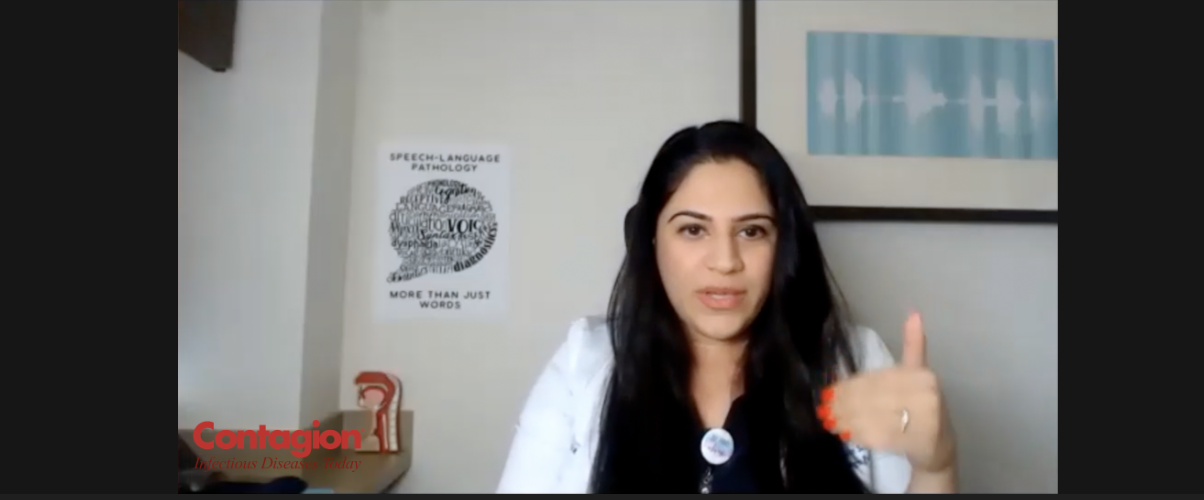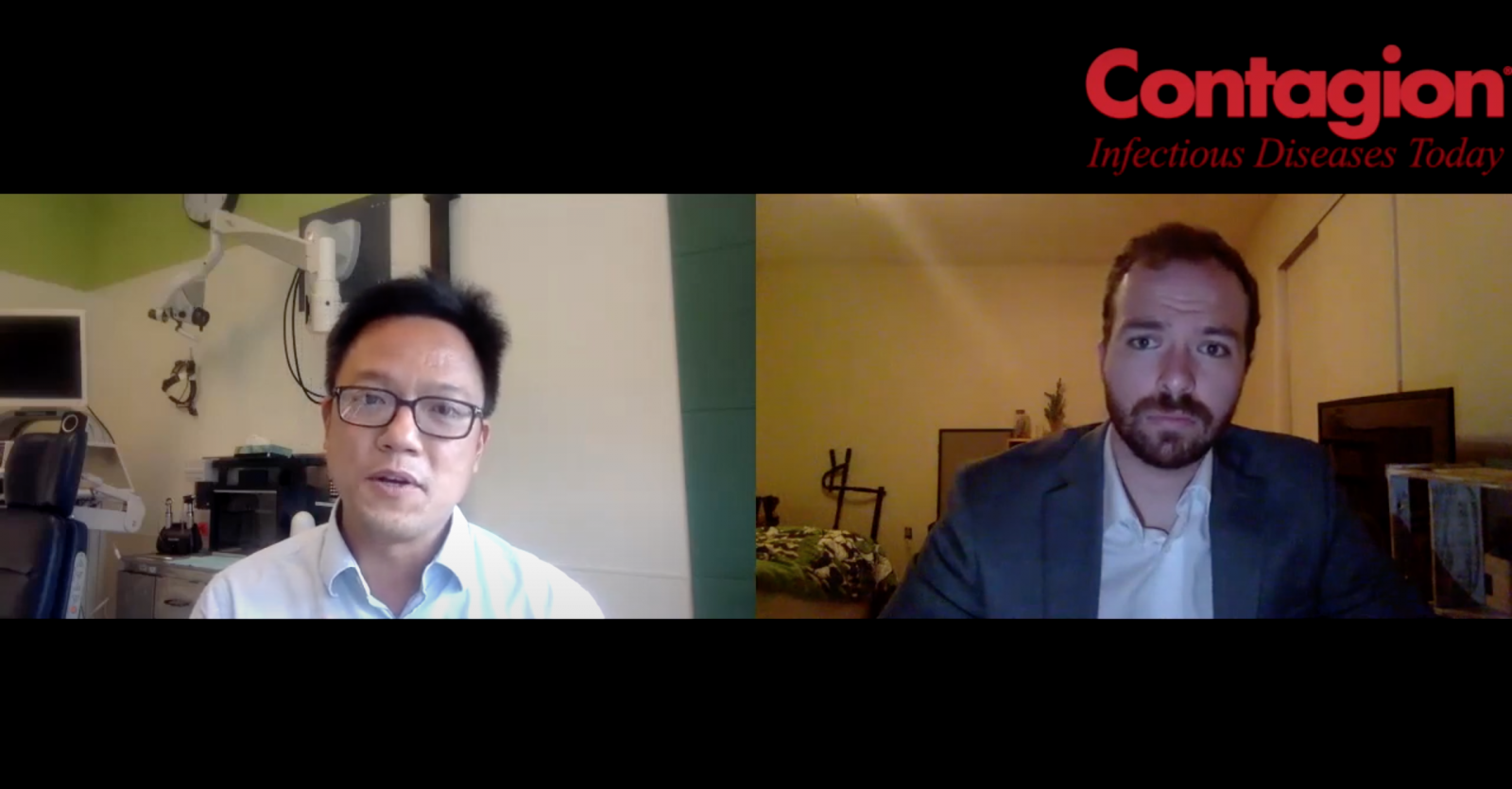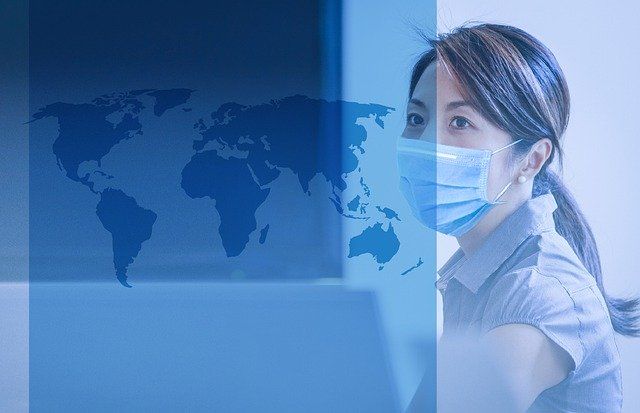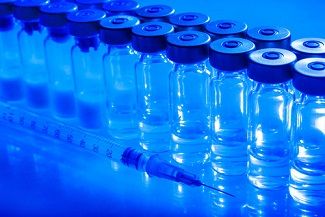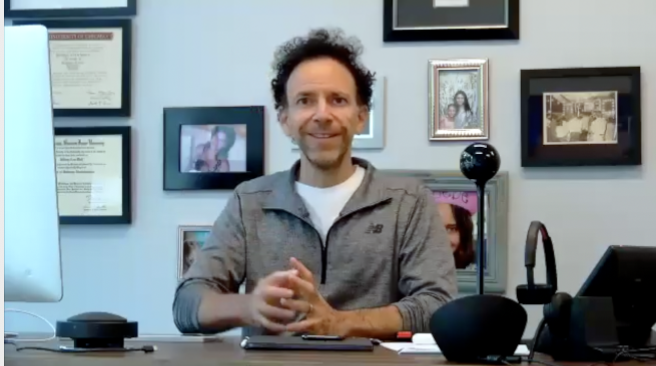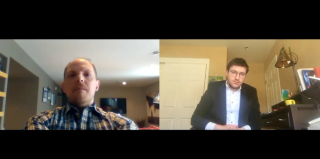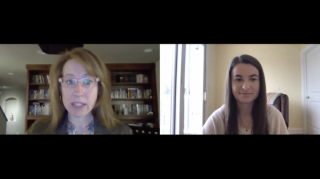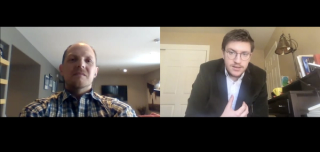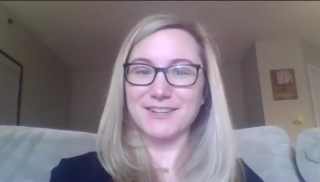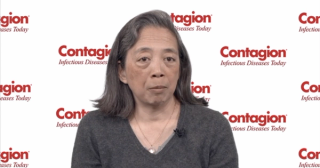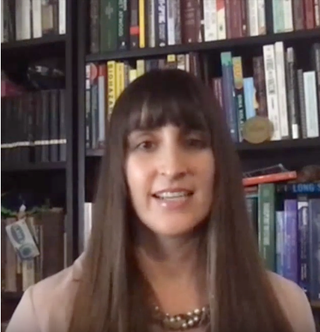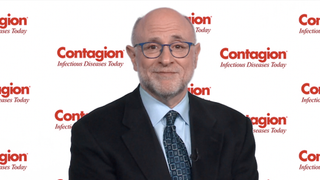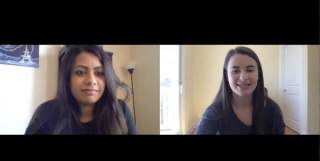
Respiratory Infections
Latest News
Latest Videos

CME Content
More News
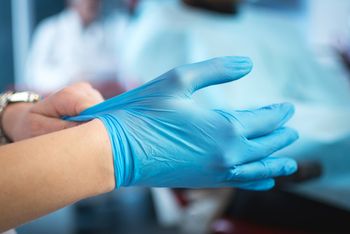
A new CDC Morbidity and Mortality Weekly Report adds information on seroprevalence of SARS-CoV-2 among health care workers in a 13-hospital multistate medical network between April and June of 2020.
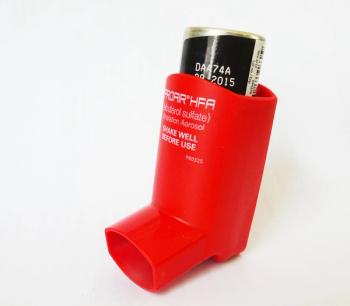
A study team examined asthma prevalence in patients hospitalized for COVID-19 with population asthma prevalence and a 4-year average of asthma prevalence in influenza hospitalizations across the United States.
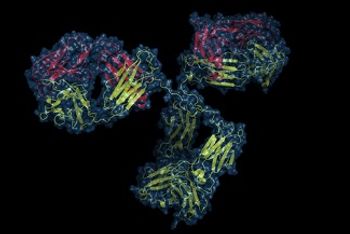
John F. Kokai-Kun, PhD, Director of External Scientific Collaboration at USP, discusses the recent report of SARS-CoV-2 reinfection.
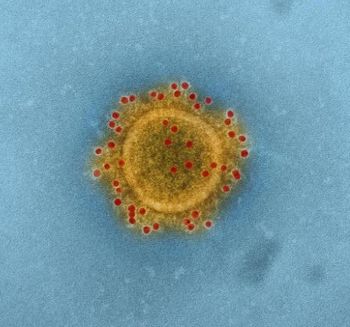
John F. Kokai-Kun, PhD, Director of External Scientific Collaboration at US Pharmacopeia, explains the fundamentals of convalescent plasma treatment for COVID-19.
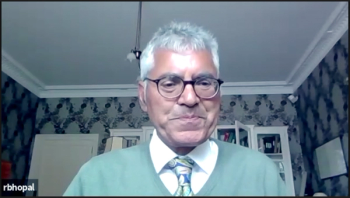
Bhopal’s recent article, COVID-19 Zugzwang, was published in Public Health in Practice.
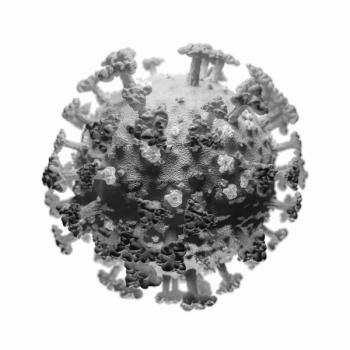
The 15-minute test was granted emergency authorization by the FDA earlier this week.

John F. Kokai-Kun, PhD, explains the supply chain and logistical issues limiting the scale of monoclonal antibody treatment.
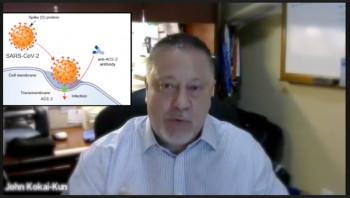
John F. Kokai-Kun, PhD, Director of External Scientific Collaboration at US Pharmacopeia, explains the fundamentals of monoclonal antibody treatment.
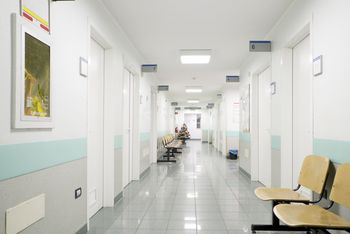
Hospital admissions for stroke fell by nearly a third during March and April 2020 alone when compared with those months in 2019.

A study team assessed 4 methods of N95 mask decontamination, with results suggesting that proper procedure can allow the reuse of masks 2-3 times.
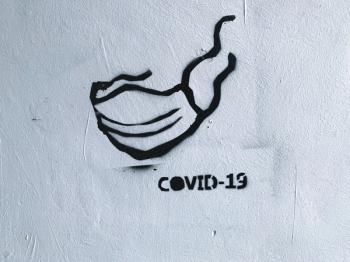
Martin Kulldorff, PhD, explains that masks can't replace social distancing for those at highest risk for severe COVID-19.
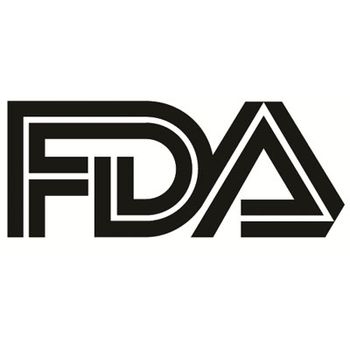
The device has test result features likened to pregnancy tests, and can be produced vastly every month.
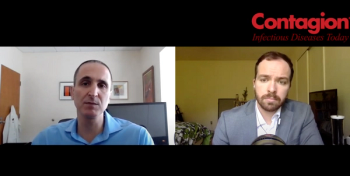
Brad Spellberg, MD, explains how real progress can be made to a debted system with worsened rates of user health.
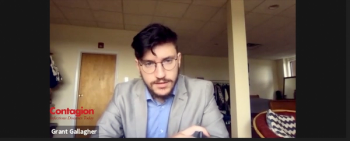
Martin Kulldorff, PhD, answers whether an age based coronavirus strategy would worsen the pandemic's impact on workers and minority racial groups.

Investigators report comparable SARS-CoV-2 neutralizing antibody counts across age groups, as well as favorable safety outcomes for the two-dose vaccine.

Soon after visiting 38 hospitals in Michigan, over half of patients hospitalized with suspected COVID-19 received antibiotics.
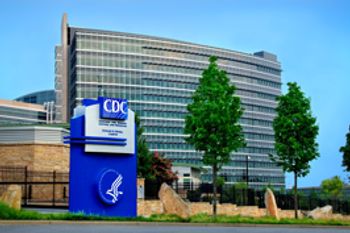
The US Centers for Disease Control and Prevention has updated COVID-19 guidance, sharing advice on safe travel
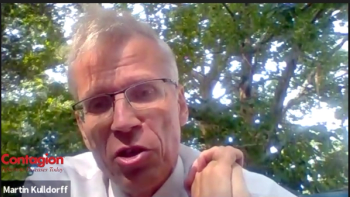
Martin Kulldorff, PhD, takes a total social health perspective on the global use of mass quarantines as a primary COVID-19 control strategy.
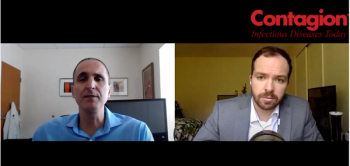
Brad Spellberg, MD, discusses how the subspecialty lost "ownership" of its opportunities for pattented prescribing and referral years ago.

Investigators observed a second set of virus in a previously infected 33-year-old man, nearly 5 months after his first positive COVID-19 case.
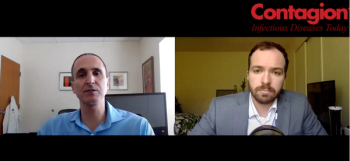
An infectious disease chief medical officer discusses the cracks in US healthcare exposed by the pandemic.

The newest authorization comes following a week of clinical, legislative, and public health debate surrounding the realistic benefit of the survivor-extracted therapy.

Martin Kulldorff, PhD, explains the standard Sweden uses to collect data on the country's seemingly high COVID-19 mortality.
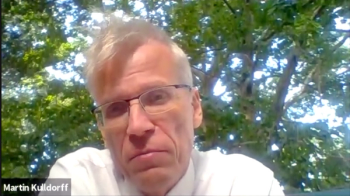
Martin Kulldorff, PhD, explains how an age-based focus for COVID-19 mitigation might better protect both older people and younger people with comorbidities.
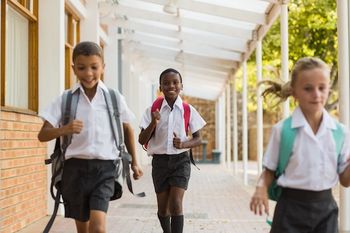
School administrators, nurses and teachers are trying to develop plans to bring students back for critical in-school learning while keeping staff and immune-suppressed students safe.

